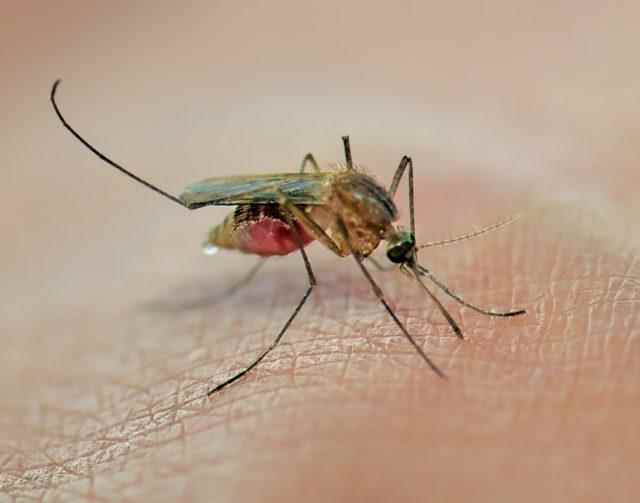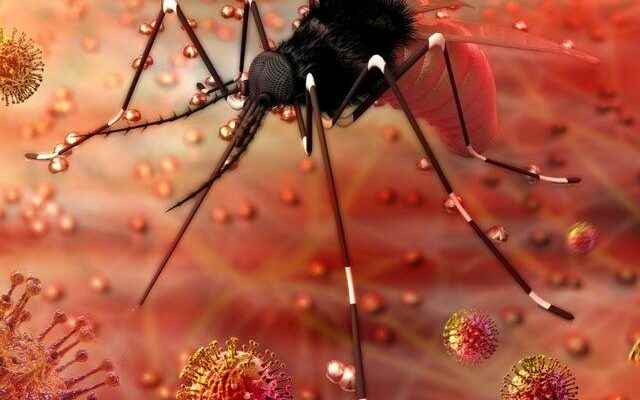The World Health Organization Global Infectious Diseases Preparedness Team made statements about epidemics that may occur after the coronavirus. Officials from the World Health Organization are warning that insect-borne pathogens such as Zika, dengue and ticks could trigger the next pandemic.
‘RISK INCREASES’
At the top of the list is a group of pathogens spread by arthropods such as mosquitoes and ticks, including Zika, yellow fever, Chikungunya and dengue, while Dr Sylvie Briand, director of WHO’s global infectious hazard preparedness team, said: “We have gone through the two-year Covid-19 pandemic and are prepared for high impact events. We learned the ‘cost’ of not being there the hard way. We got a signal with Sars in 2003. We saw that such outbreaks could come along with the influenza epidemic in 2009. The next pandemic could most likely be due to a new arbovirus (an arthropod virus). We’re also getting some signals.
“Currently, arboviruses pose a public health threat in tropical and subtropical regions, where approximately 3.9 billion people live, but their prevalence is increasing.”
NUMBER OF CASE INCREASED FROM THOUSANDS TO MILLIONS
Dr Briand said more than 89 countries have faced Zika outbreaks since 2016, while the risk of yellow fever has been “on the rise since the early 2000s”. Meanwhile, the number of dengue cases reported to WHO rose from around 505,000 in 2000 to 5.2 million in 2019.

British doctor Jeremy Farrar warns, “These diseases are the diseases of our time,” warning that “the drivers of epidemics, including climate change, urbanization and globalization, are for example, that yellow fever has reached Asia or that dengue fever is increasing in Africa in the ’21st. We can say that these are the events of the 21st century,” he said, adding: This is why these diseases are so important in the context of the 21st century.
“As the urban population continues to increase, the threat of these diseases becomes more worrisome. As close living arrangements increase the spread of this virus, we must address these challenges now to avoid the disastrous impact on health systems in the future,” WHO deputy director-general Dr Ren Minghui said.
